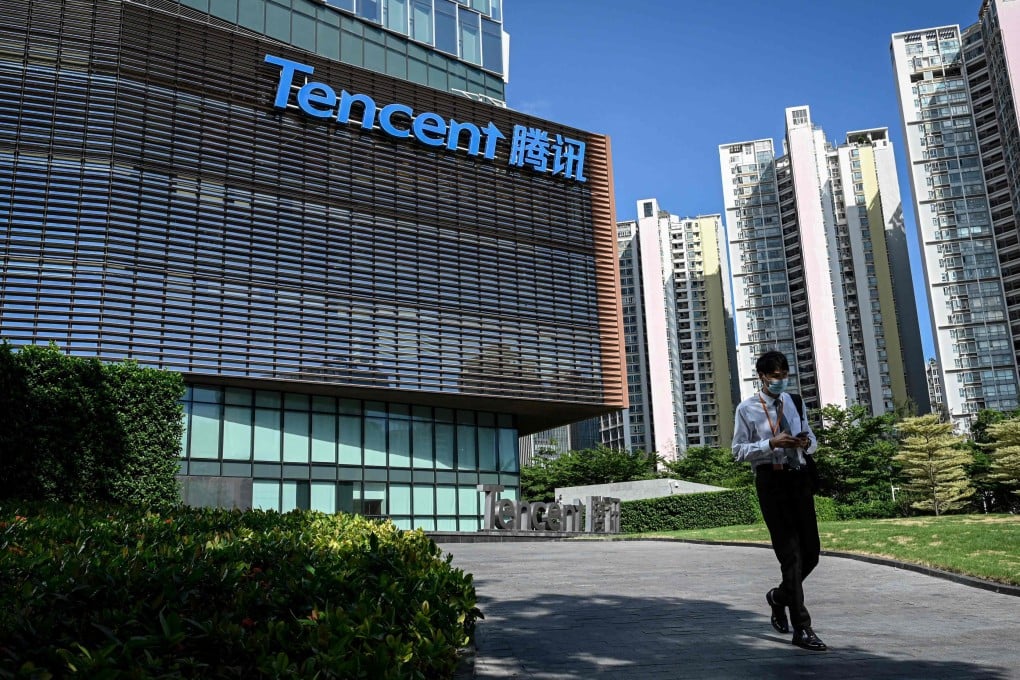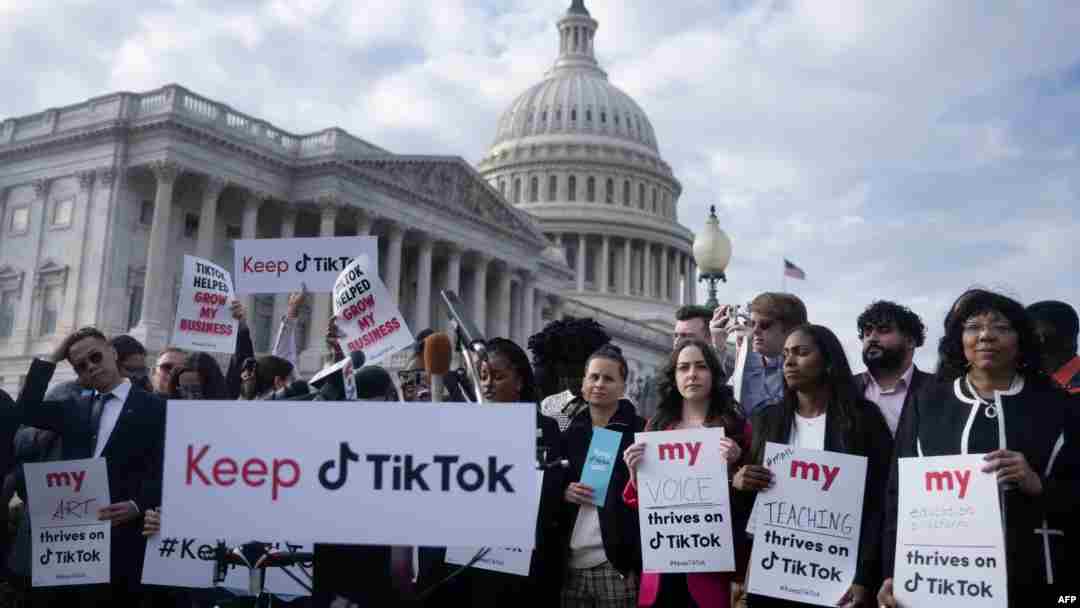The US Department of Defense has added Chinese tech giants Tencent, known for its social media and gaming platforms, and CATL, the world’s largest battery manufacturer, to a list of companies accused of having links to China’s military.
Inclusion on the Pentagon’s list, known as the 1260H list, does not result in immediate sanctions but could damage the companies’ reputations and impact their ability to do business in the United States. Following the announcement, shares in Tencent dropped 6.5% in Hong Kong, while CATL’s Shenzhen-listed shares lost more than 3%.
The Pentagon’s 1260H list, updated annually, highlights companies that the US government claims contribute to China’s “military-civil fusion” strategy. This strategy aims to eliminate barriers between civilian industries and the country’s armed forces to create a technologically advanced military.
Tencent responded to the inclusion by calling it “a mistake.” A spokesperson for the company stated, “We are not a military company or supplier. Unlike sanctions or export controls, this listing does not impact our business. We will nonetheless work with the Department of Defense to address any misunderstanding.”
CATL, which supplies batteries to companies such as Tesla and plans to collaborate with Ford on a lithium-ion battery plant in Michigan, also refuted the designation. The company stated, “We have never engaged in any military-related business or activities, so this designation by the Department of Defense is a mistake.” CATL added that it would engage with the Department of Defense to address the issue, including potential legal action.
The announcement comes amid an intensifying tech rivalry between the US and China. Recently, China stated it plans to curb the export of technology used in extracting minerals crucial for the global electric vehicle (EV) industry. Additionally, the US imposed new export controls on semiconductors in December, fearing Beijing could use them to develop advanced weapons and AI systems.
China’s “military-civil fusion” strategy has been central to President Xi Jinping’s efforts to modernize the Chinese military. Since Xi assumed leadership in 2012, he has implemented reforms to integrate China’s private sector with its defense sector, sharing resources, talent, and technology to strengthen the military. The strategy, which has been promoted since 2014, seeks to create an economic, technological, and military powerhouse.
Isaac Stone Fish, CEO of Strategy Risks, a business intelligence firm focused on China, explained that the People’s Liberation Army (PLA) differs significantly from the US military because it operates under the control of the Chinese Communist Party (CCP). “Beijing demands that its companies support the PLA,” he said, warning US companies with ties to large Chinese firms, like Ford with CATL, about the growing risks associated with these partnerships.
Ivan Su, a senior equity analyst at Morningstar, noted that Tencent, focusing on social media and gaming, could potentially secure exclusion from the list through legal challenges, similar to how Chinese consumer electronics maker Xiaomi successfully contested a similar designation in 2021.
In January 2021, the US Department of Defense added Xiaomi to a list of companies accused of ties to China’s military, imposing restrictions including a ban on American investment. A federal judge later intervened, ruling that there was insufficient evidence to support the claim, allowing Xiaomi to continue its operations without the restrictions.




